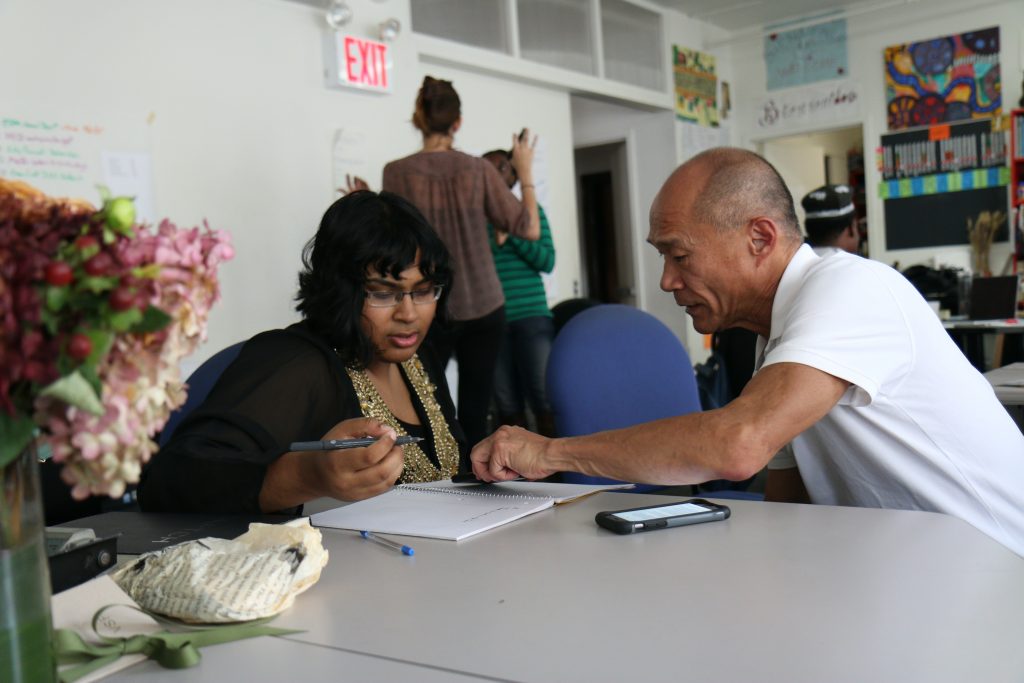Co-Creating Recovery Plans
If your ideas and thoughts are more valued than mine, this partnership is not real, and we’re not co-creating. Co-creating moves away from “doctors know best” and toward “expert by experience.”

On Co-Constructing Recovery Road Maps
Co-creating person-centered behavioral health recovery plans with individuals and their families means collaboratively identifying desired outcomes as well as the actions to take in order to achieve those outcomes. The work of co-creating treatment plans, goals, and process is done entirely together.
Visual tools are useful for mapping out recovery plans. Charting the LifeCourse Nexus (2023) offers a range of person-centered tools that facilitate:
Click these links to access more person-centered tools and family perspective tools from the Charting the LifeCourse Nexus.
Practice Pause: Person-Centered Planning in Practice
It’s helpful for behavioral health providers to have firsthand experience with the tools and processes they use in their practice.
For this Practice Pause, you will experience person-centered planning firsthand. Download the Identifying Supports fillable PDF above. Then, take a few moments to openly and honestly complete the worksheet naming the people who currently hold supportive roles in your life.
Once you complete the worksheet, take time to reflect on the following questions:
- How would it be helpful to use and revisit this tool over time?
- With whom might it be helpful to share your completed worksheet?
- Which families in your practice might find this tool helpful?
On “Behavioral Health Tokenism”
As you work to create person-centered support, be aware of “tokenism” which is when you as a provider make an effort that appears person-centered, but is actually performative rather than effective. Tokenism appears in various forms in mental health practice (Majid, 2020). Tokenism is presenting to families:
- “Bureaucratic challenges” as obstacles to a goal or process
- “I wish we could meet outside the clinic, but that’s not billable.”
- A plan or goal and then asking for their agreement or “sign off”
- “Here’s the plan. What do you think?”
- Recommendations that conflict with their cultural values
- “You’ve expressed wariness about the practice of Cognitive Behavioral Therapy (CBT), but I think we should consider this CBT program.”
Your 1-2-3 Summary:
- Make time to review and re-review roles, responsibilities, and rights.
- True partners share themselves – experiences, impressions, spaces.
- Keep the person in the center of planning and partnership – it’s THEIR recovery.